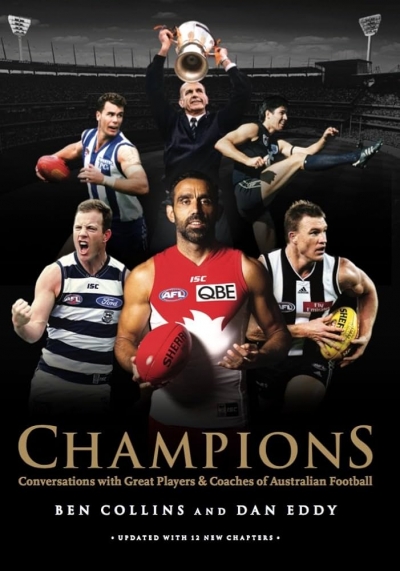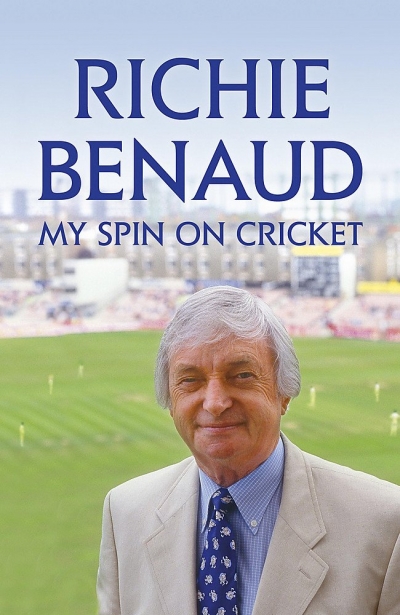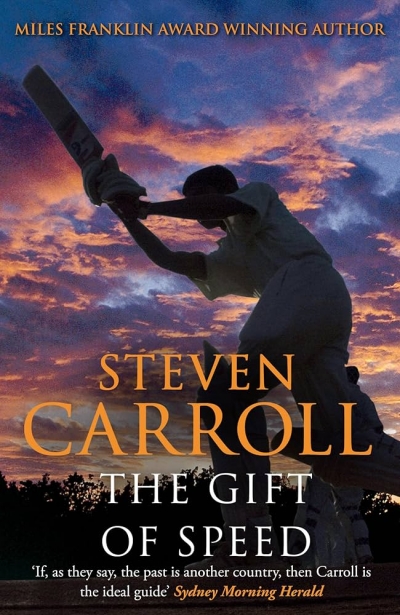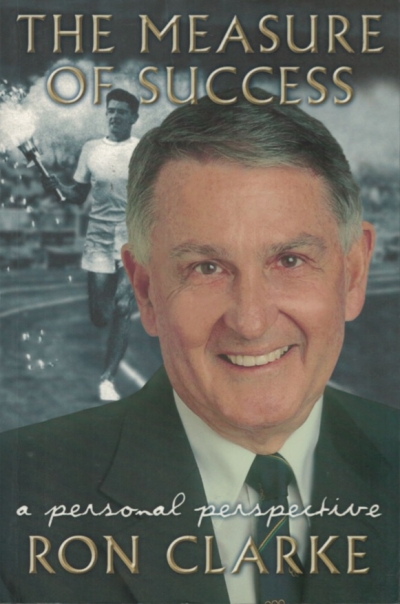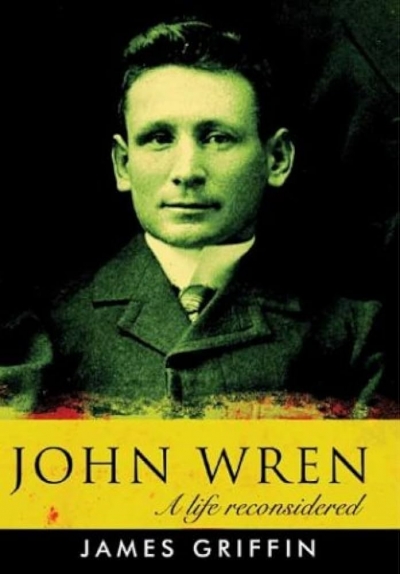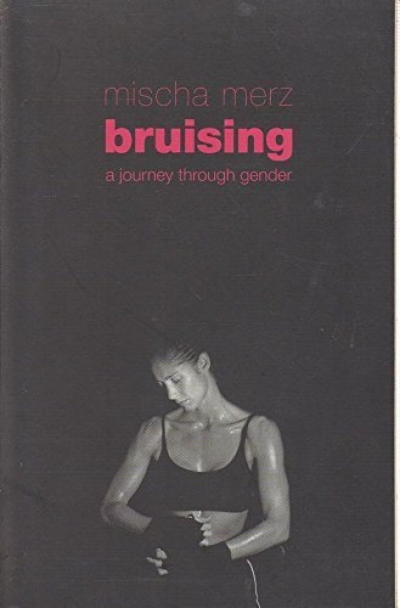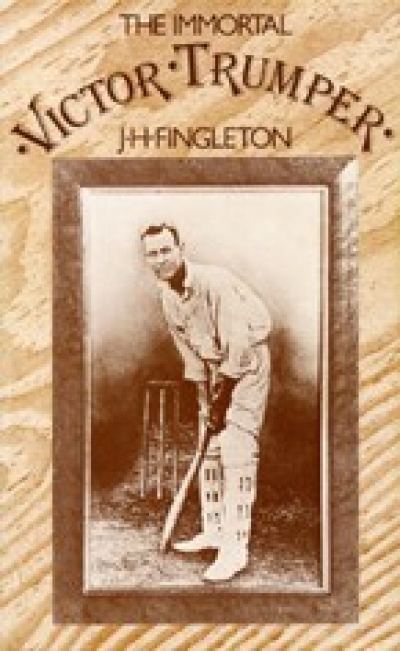In the wake of another season gone begging for many, it is stabilising and somewhat corrective to immerse oneself in the wisdom of some of Australian Rules’s greatest exponents, as collected here by Ben Collins. These men, mostly ex-players, have obviously thought deeply about the game since they left it, and have examined their lives for what it truly meant to them. What emerges is a catalogue of dedication, sacrifice, perseverance and gratefulness, a testimony to the power of passion. Legend after legend offers a glimpse of the possibilities that committing to a dream can awaken, a lesson that is not confined to aspiring footballers. Having said that, there are many pearls here for young men entering the game, the demographic that will probably benefit most from reading The Champions.
...
(read more)

